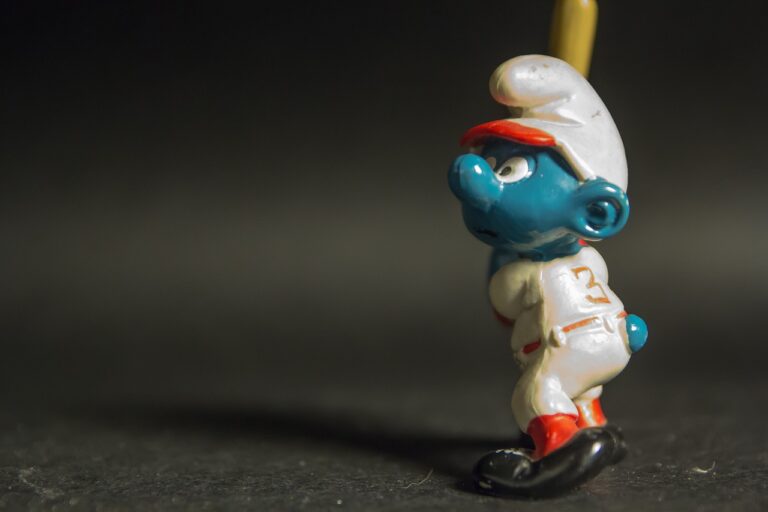Teaching Social Justice Through Project-Based Learning
Project-based learning (PBL) is a teaching method that emphasizes hands-on, real-world experiences to engage students in learning. By integrating social justice into PBL activities, educators can create meaningful opportunities for students to explore and address critical social issues while developing essential skills. In this article, we will explore how teachers can effectively incorporate social justice into PBL lessons to enhance students’ learning experiences and promote meaningful change.
The Benefits of Teaching Social Justice Through PBL
Integrating social justice into PBL can have a profound impact on students’ academic and personal growth. By addressing real-world issues through project-based learning, students can:
- Develop empathy and understanding for marginalized communities
- Enhance critical thinking and problem-solving skills
- Collaborate with peers to find innovative solutions to societal problems
- Gain a deeper appreciation for diversity and inclusion
- Take action to advocate for social change in their communities
How to Incorporate Social Justice Into PBL
When designing PBL activities that focus on social justice, it is important to consider the following strategies:
1. Choose Relevant Social Justice Topics
Select topics that are relevant to students’ lives and communities, such as racial justice, environmental sustainability, LGBTQ rights, or economic inequality.
2. Provide Opportunities for Authentic Learning
Engage students in meaningful, real-world projects that allow them to apply their knowledge and skills to address social issues in their communities.
3. Foster Collaboration and Dialogue
Encourage students to work together in teams to research and discuss social justice issues, share diverse perspectives, and develop collective solutions.
4. Promote Reflection and Action
Guide students in reflecting on their project experiences, identifying areas for improvement, and taking action to advocate for social change beyond the classroom.
Examples of Social Justice PBL Activities
Here are some examples of project-based learning activities that incorporate social justice:
1. Advocacy Campaigns
Students can research and create advocacy campaigns to raise awareness about issues such as racial discrimination, climate change, or gender equality.
2. Community Service Projects
Students can collaborate with local organizations to address community needs, such as organizing food drives, planting community gardens, or volunteering at shelters.
3. Policy Proposals
Students can develop policy proposals to address social justice issues at the local, state, or national level, such as proposing changes to school policies, advocating for affordable housing, or lobbying for environmental regulations.
FAQs
Q: How can teachers assess students’ learning in social justice PBL activities?
A: Teachers can assess students’ learning through a variety of methods, such as project presentations, written reflections, peer evaluations, and rubrics that focus on collaboration, critical thinking, and social impact.
Q: How can teachers address resistance to social justice topics in the classroom?
A: Teachers can create a safe and inclusive learning environment by facilitating open discussions, promoting empathy and understanding, and providing resources for students to explore diverse perspectives on social justice issues.
Q: How can teachers promote student activism and advocacy in social justice PBL activities?
A: Teachers can empower students to take action by connecting them with community organizations, facilitating opportunities for activism, and encouraging them to collaborate on projects that promote social change.
By integrating social justice into project-based learning, educators can inspire students to become active and informed citizens who advocate for a more just and equitable society. Through meaningful PBL activities, students can develop the knowledge, skills, and values needed to create positive change in their communities and beyond.







